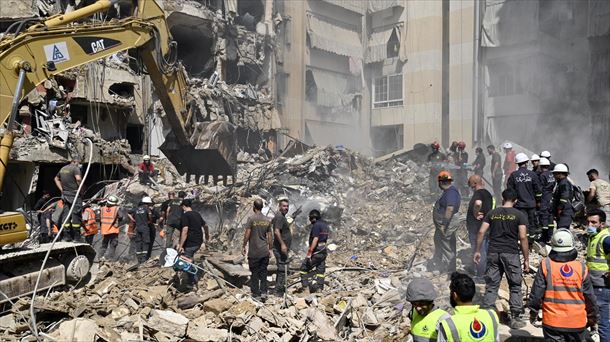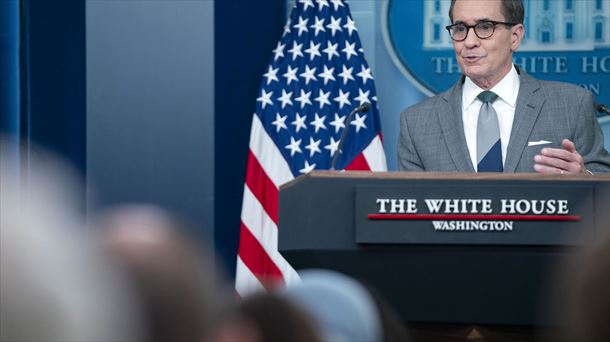Estonia, Latvia, Lithuania and Poland have chosen to increase the filters, while Finland will do so this week
The three Baltic countries – Estonia, Latvia and Lithuania – as well as Poland had already closed their borders to Russian citizens, including those with a Schengen visa, three days before Vladimir Putin called for partial mobilization. Finland, which has so far been reluctant to put a blanket ban on Russian citizens, is preparing to adopt this regulation in the coming days, as the government of Social Democrat Sanna Marin acted on Friday.
If there had been a 57% increase in Russian travelers to Finland last Friday, long lines of vehicles in the direction of the Scandinavian country began to be observed on Sunday. According to Helsinki, the situation is not one of chaos. Many of these travelers return to Russia after visiting Finland and simply accelerated their plans to travel to the neighboring country to do their shopping – as usual – before the impending closure.
The busiest passes are those in the southeast, near St. Petersburg. Until the invasion of Ukraine, they were already the ones who registered a more continuous flow of Russian travelers. Finland, with 1,340 kilometers of border with Russia, was until now the only European Union (EU) country bordering Russia that continued to accept the entry of Russians with a Schengen visa – that is, issued by one of the consulates or countries of that space.
The Baltic states, like Poland, also bordering Russian territory – including Kaliningrad – had chosen to shield themselves a week earlier. Citizens’ access is only allowed exceptionally, whether for humanitarian, family or work reasons.
The government of the ultra-nationalist Polish ruling Law and Justice (PiS) party has warned of the risks involved in granting asylum to deserters, as championed by neighboring Germany.
For Warsaw, welcoming anyone who claims to flee the mobilization ordered by Putin poses a serious risk to the country’s security. There is a danger of infiltration by Kremlin agents, as well as conflict with the millions of Ukrainian refugees hosted by the country or with other citizens of Russian descent who have been settled in Poland since before that war, sources of the executive branch of Poland said. the prime minister. Mateusz Morawiecki.
These fears are shared by the Baltic states, especially Estonia, where tensions have increased since the invasion began with the population of Russian descent – 25% of the total in this country of 1.5 million inhabitants. Both Poland and the Baltic States, partners of the EU and NATO, have called for the reinforcement of the eastern flank of the Atlantic Alliance since the annexation of Crimea in 2014.
Finland, which has not yet completed the “explicit” NATO accession process accelerated by the onset of the Russian invasion, is now joining the most restrictive line of those EU partners.
The government between Social Democrats, Greens and German Liberals, on the other hand, insists on welcoming Russian deserters and dissidents as asylum seekers. This view is shared by both the Minister of Foreign Affairs, the Green Annalena Baerbock, and the Minister of the Interior, the Social Democrat Nancy Faeser.
Brussels is trying to find common ground in the once again discordant positions of one and the other partners. The Berlin cabinet admits it “respects” the concerns of countries with a land border with Russia. But remember, the right to asylum helps any persecuted person, from any country, “including, of course, the Russians,” in Baerbock’s words.
The Ukrainian embassy in Berlin, which has been accusing Olaf Scholz’s government of being soft on Moscow for months, has joined Warsaw’s warnings and demands to protect itself from a flood of Russian deserters, fictitious or not. Germany has welcomed nearly a million Ukrainians to its territory since last February.
Source: La Verdad
I am an experienced and passionate journalist with a strong track record in news website reporting. I specialize in technology coverage, breaking stories on the latest developments and trends from around the world. Working for Today Times Live has given me the opportunity to write thought-provoking pieces that have caught the attention of many readers.



